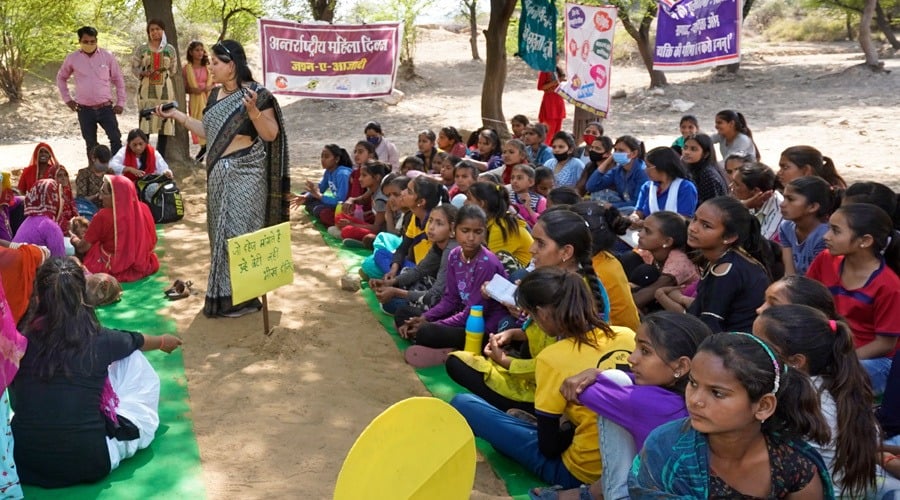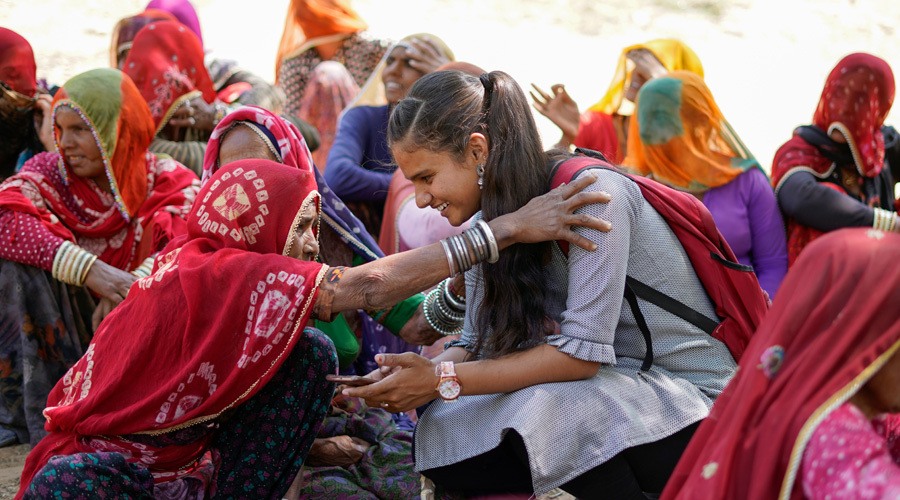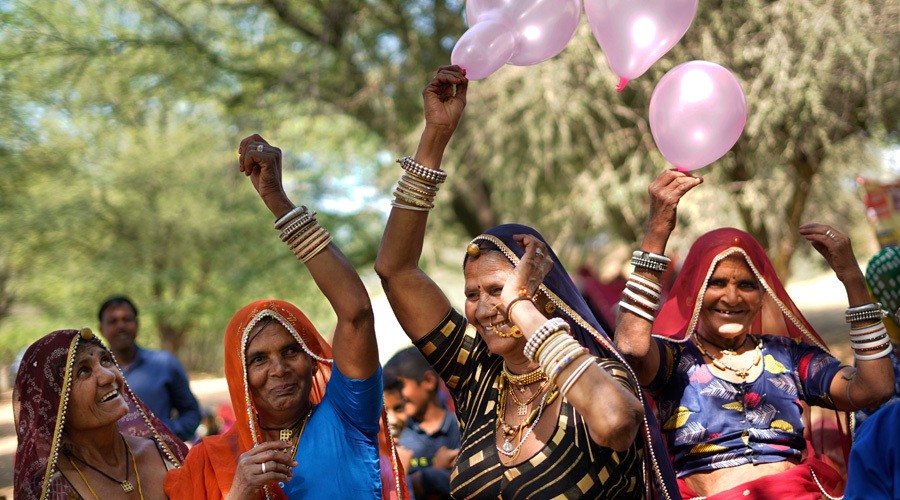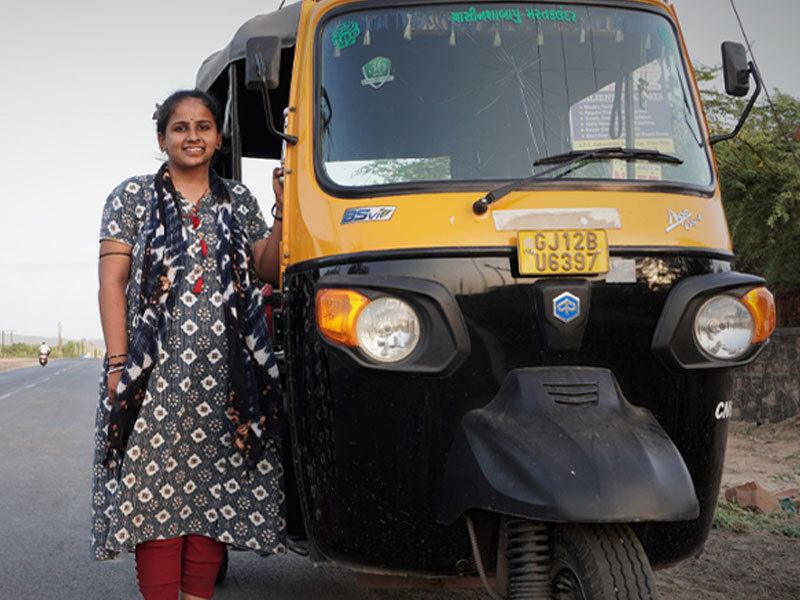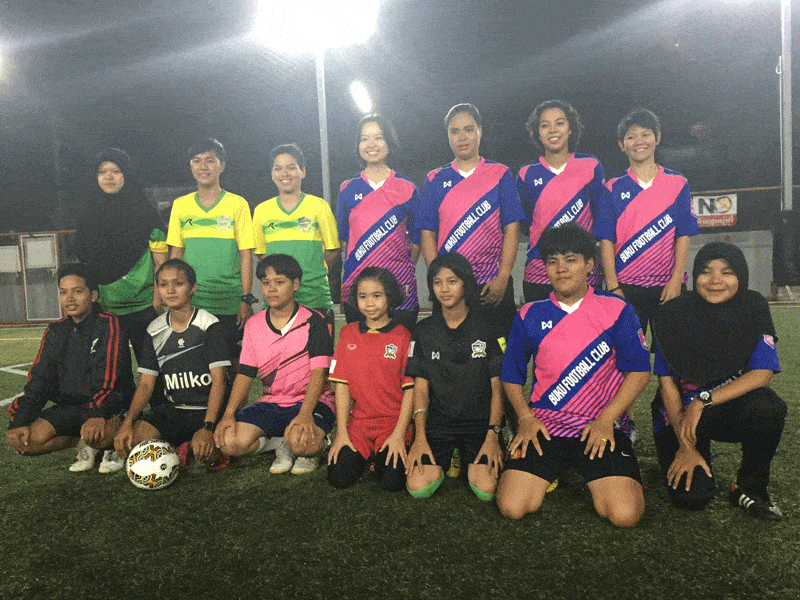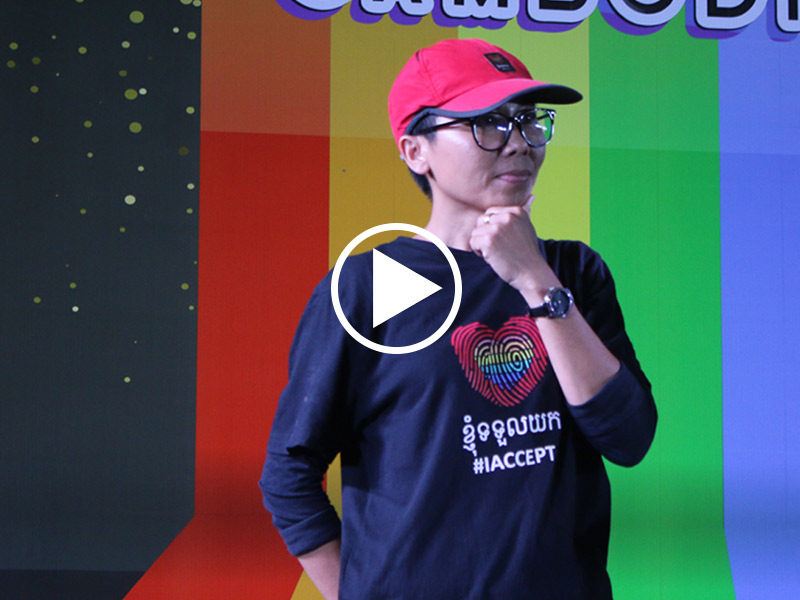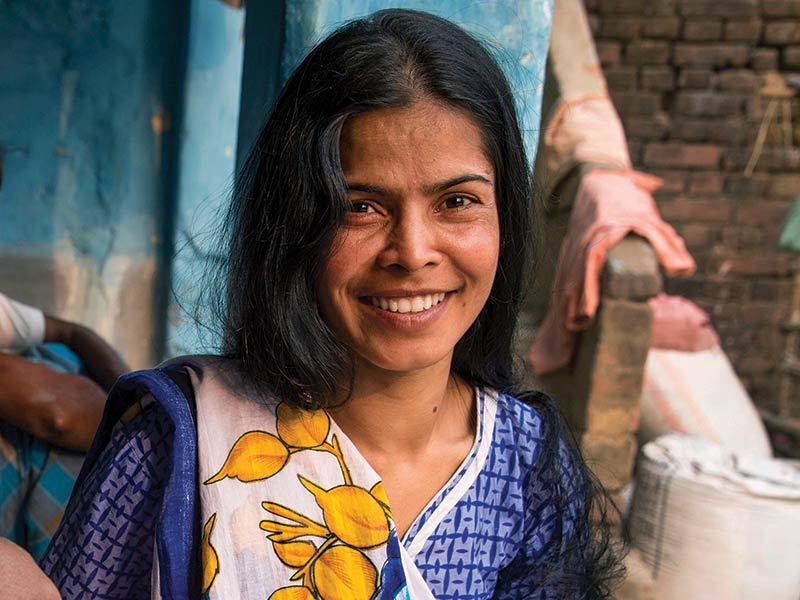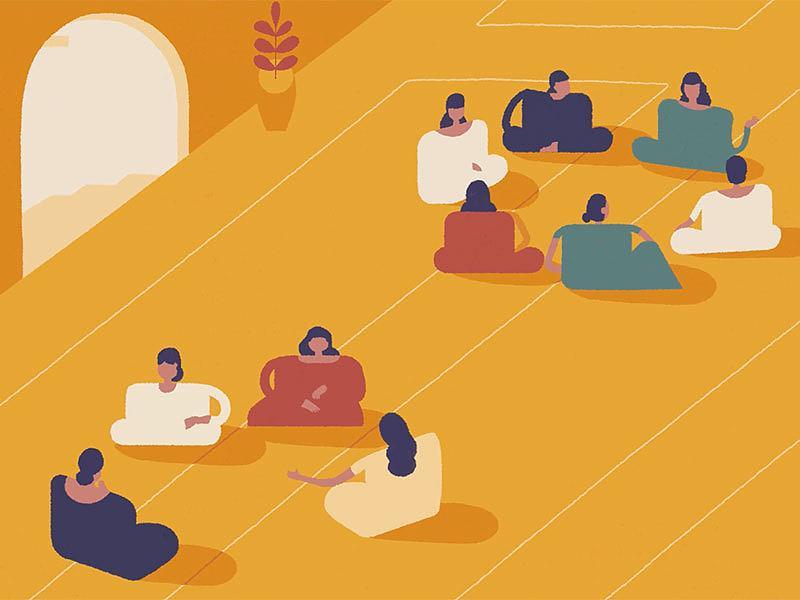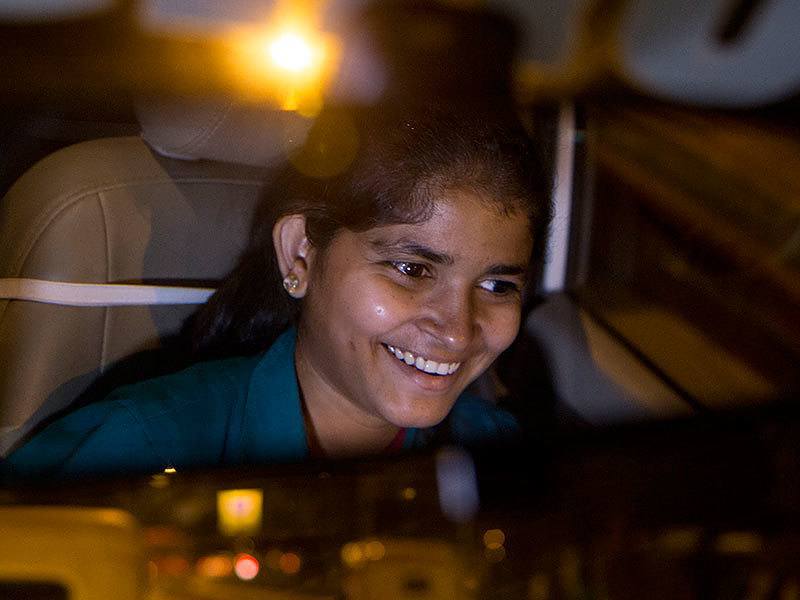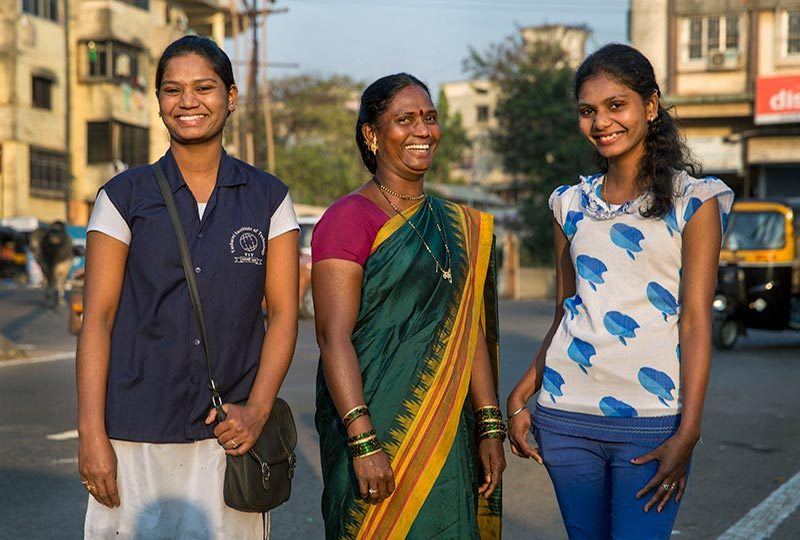 This story was written by Pooja Gurjar, a young woman from Rajasthan, India. She was married off at the age of 16 years and sent to her marital home. At her insistence, she returned to live in her parents’ house and has continued her education. She recently completed MJAS’ Grassroots Journalism course and wants to build her career in this field. She has the confidence that she can negotiate with her husband and her in-laws to fulfill her dreams.
This story was written by Pooja Gurjar, a young woman from Rajasthan, India. She was married off at the age of 16 years and sent to her marital home. At her insistence, she returned to live in her parents’ house and has continued her education. She recently completed MJAS’ Grassroots Journalism course and wants to build her career in this field. She has the confidence that she can negotiate with her husband and her in-laws to fulfill her dreams.
On March 8, 2022 — celebrated around the world as International Women’s Day — 17-year-old Neeraj Gurjar stood before hundreds of women from her village in Western India. Her voice thundered on the microphone: “The moment I hear the words ‘Women’s Day’, I feel happy that this is our day! But then a question rises like a thorn in my mind… Is only one day for us? Will we celebrate just one day a year until the time we get equal opportunities, education and freedom? Are we not going to get all of this everyday of our lives?”
The women had come together in the village of Hasiyawaas for an intergenerational community celebration, organized by AJWS grantee Mahila Jan Ashikar Samiti (MJAS) — which develops rural women’s leadership and educates them about their rights in the state of Rajasthan, where traditional, patriarchal norms govern many aspects of women’s lives. The event was an open dialogue, and in the scorching heat of March the women gathered in the cool shade of clumps of dense trees to share their challenges, ideas and dreams for the future.
At times, their voices were calm; at times, they became very loud. Some young women started crying while speaking. With women dressed in colorful, traditional Rajasthani costumes while chanting slogans and singing songs, it was as if each woman brought with her a vibrant wave of change.
Neeraj will complete her final high school examinations this year; she’s a football player, and recently completed a grassroots journalism course held by MJAS. Her thoughts and frustrations resonated with many other young women at the gathering. Women agreed to an informal pledge: This struggle must continue until we achieve our rights. We must ask our mothers, grandmothers, and aunts whether they will support our dreams, desires and aspirations.
One young leader and MJAS community member, Sanju, said, “With the birth of a girl, she starts facing discrimination and control over her education, freedom, dreams, nutrition and sports. We are not even allowed to make the decision about where we see ourselves in the future. How long will this struggle continue?”
A local woman named Laali pointed out that, “Village women are not even aware there is a day dedicated for them. How important is Women’s Day for those whom we are still unaware of?”
Though some differences emerged between the generations, many elderly women spoke in support of young girls’ studies.
“I am educating my daughter and I will support her to move ahead in life. Then it is her responsibility to study and make me and the village famous!” said Vishram Devi. “She should be an inspiration for other girls.”
In Hasiyawaas, girls often get married young and are sent off to their new husband’s family’s home, which can keep them from finishing their education and other opportunities.
Surgyan, a 21-year-old woman from Hasiyawaas, was married as a child but was never sent to her marital home. Today she is working and earning a living, thanks in part to the Mahatma Gandhi National Rural Employment Guarantee Act, which provides at least 100 days of work a year to at least one member of rural households across India.
She took the microphone and said, “Girls are not weak, they are made weak! We are not allowed to go out to study — forget about being allowed to find a job. But girls can work for themselves; they can take care of family expenses. They don’t need to depend on anyone else.”
The gathering provided space to express challenges, but also celebrate women’s strength and joy.
Leela, a girl who moved to Hasiyawaas village after marrying a local man, was amazed at the community’s solidarity.
“I have never seen the women of the village so happy!” she said. “We are always working in the household with so many responsibilities, we can forget about our own happiness, grievances and our dreams.”
The event was not exclusively for women, either.
Kailash, a boy from a neighboring village, stood up and told the group, “Equality has to begin from home. Girls and boys are to be treated equally, and housework should be distributed equally. They should be given equal respect. I can try to make this happen among my friends and in my own home.”
The girls and young women of Hasiyawaas village are bringing a sea of change to their community. Girls feel freer to speak and ask questions to adults in public platforms. They are stepping out of the village to continue their education, and they are raising a united voice. They are brimming with confidence. It will take some time, but they believe these changes will last. They are not hopeless.
As another young woman, Sapna, said: “If we all get a chance, we will not need to celebrate a separate day for women. Every day will be ours.”
All photos of Pooja and her community by Deepak Sharma on March 8, 2022


